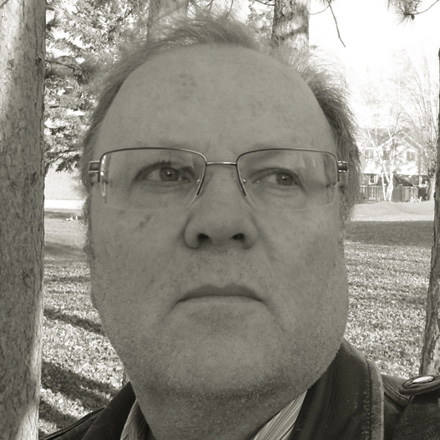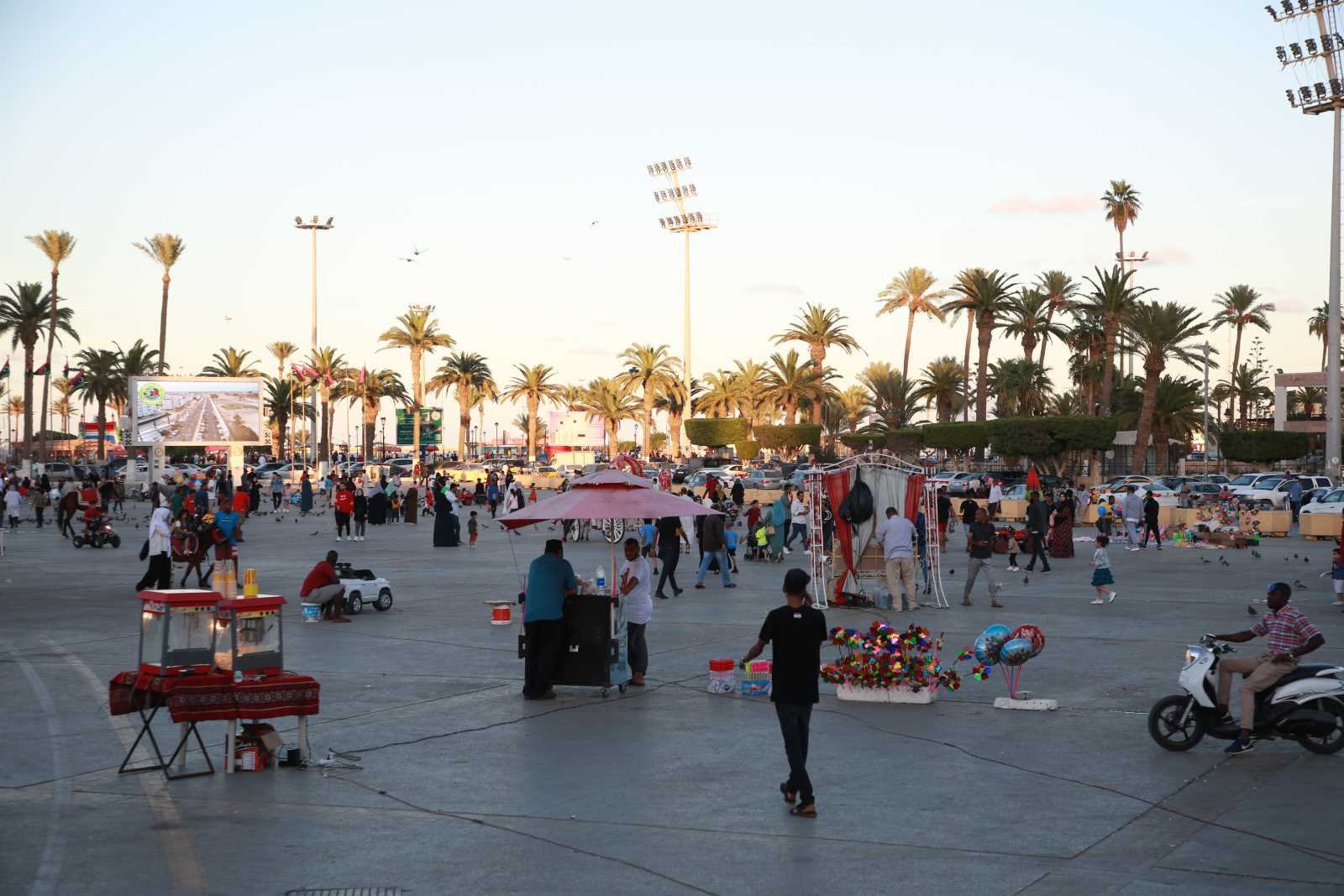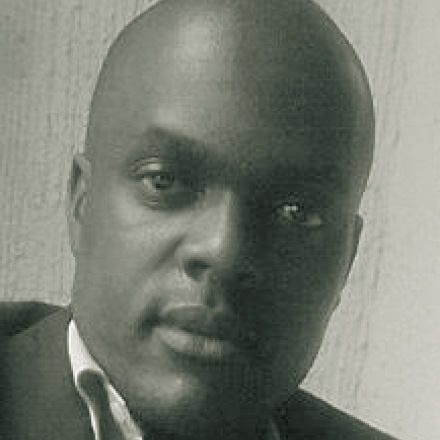Informal settlements
Living on the edge

“We will use this one pail for drinking. It’s expensive for me, so when it comes to bathing and washing clothes and plates we use water that I fetch from the well.”
Mhango and her three children live in the congested Chibanja township within the city of Mzuzu in northern Malawi. Most houses in Chibanja are substandard, lacking running water, electricity and toilets. Residents buy water from kiosks and draw water from wells that typically are unprotected.
Mhango’s house has mud walls, a dirt floor and a grass-thatched roof. During the rainy season the family risks collapsed walls. “When it’s raining and windy we crowd into the small kitchen because that’s the only safe room to be in, she says. “We survive by the grace of God.” The family also risks disease, as the leaky roof makes the house damp and the mud floors attract insects.
Such housing problems are common in Malawi. About 32 % of the country’s houses are made of mud like Mhango’s. Another 23 % are semi-permanent structures, and the remaining 45 % are permanent structures, according to a 2018 housing report by Malawi’s National Statistics Office.
In contrast to many of her neighbours, Mhango actually owns her house. She and her late husband moved to the township in 2001, bought a piece of land and built the house. She sells vegetables and is barely making ends meet.
Even less fortunate is another relative newcomer, Veronica Nyambwane. Like Mhango, she moved to Mzuzu from the countryside in search of income. She rents a semi-permanent house in a congested township called Chibavi.
Her meagre income does not cover the rent. “My children and I are about to get evicted because I have not paid my rent,” she says. “I know this is not a good house, but finding another house with electricity and water at an affordable rate is not easy at all. The chances may be close to zero.”
Indeed, demand for decent housing is sky-high. Over 60 % of Mzuzu residents live in informal settlements such as Chibanja and Chibavi, according to the UN Habitat’s 2013 “Malawi National Urban Profile”. Some 65 % of residents of Blantyre, the country’s commercial centre, and 76 % of the capital city Lilongwe live in informal settlements. Overall, about 70 % of the country’s urban population lives in informal settlements.
As more Malawians migrate to cities in search of work, demand for decent urban housing keeps growing. According to UN-Habitat, Malawi is among the world’s most rapidly urbanising countries. About 20 % of the population lives in cities; the urban population is growing by over 5 % each year.
At this rate of urbanisation, the country should build at least 21,200 new housing units every year to meet the growing demand in its four largest cities, according to UN Habitat. Unfortunately, this is not happening.
The government established the Malawi Housing Corporation in 1964 to build rental units with electricity, piped water and flush toilets and offer them at subsidised prices. But construction has been slow. While the Corporation owns large tracts of land across the country, it has built only a few houses, leaving most of its urban land untouched, according to a 2013 urbanisation report prepared by Mtafu A.Z. Manda, a researcher on urban planning and housing at Mzuzu University.
Moreover, access to those few houses is restricted. Among the barriers are prohibitive bank lending rates, lack of national budgetary support, and corruption that sees politicians giving priority access to relatives. By 2010, over 100,000 Malawians were on the waiting list for a house, UN habitat says.
In Chibanja, meanwhile, Mhango can only hope that her children escape the slums one day. “I just want to educate my children so that they can afford good housing and not live like this,” she says.
Rabson Kondowe is a freelance journalist based in Blantyre in southern Malawi.
kondowerabie@gmail.com














